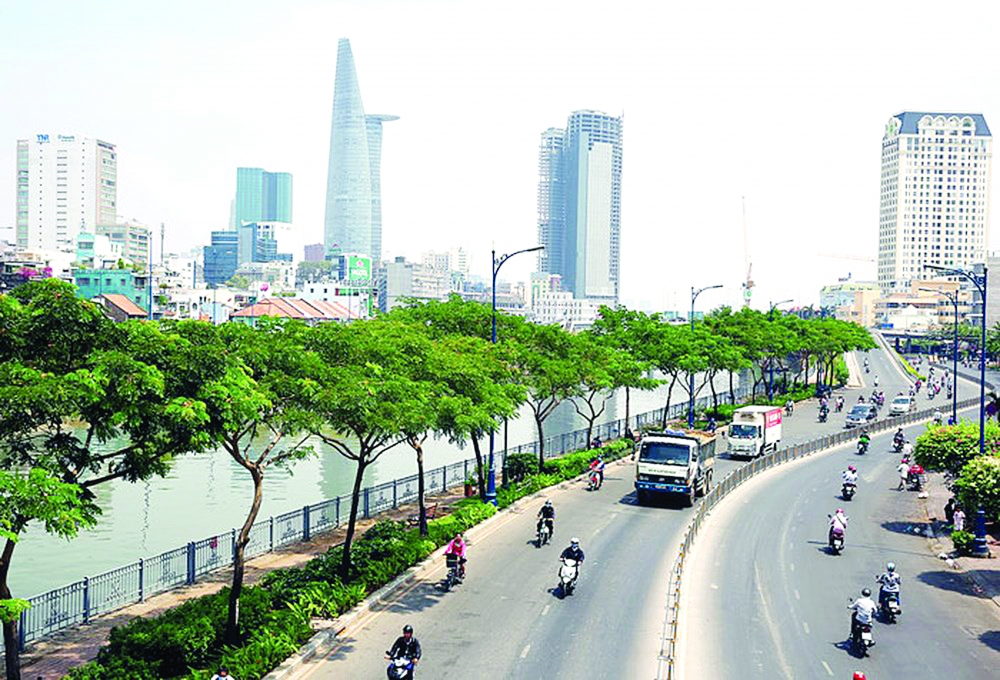
The Draft PPP Law makes a fresh shift to have a specific and consolidated framework for PPP projects. This law clarifies on a number of issues raised on the current legal regime governing PPP aspects and stipulate mechanisms which are expected to further incentivize PPP projects in a number of key sectors as detailed below.
The key points of the Draft PPP Law are as follows: The Draft PPP Law contemplates permitting a PPP structure in the following sectors: Transportation: roadways, railways, inland waterways, maritime, aviation, and seaport infrastructure facilities; Power plants and public lighting systems; Water treatment infrastructure systems; Urban zone infrastructure (e.g. parks); Offices for state authorities, official resident housing; Facilities related to health, education, training, culture, sports, and tourism; Telecommunications and information technology; Facilities for the development of science and technology; Commercial infrastructure, including development of economic zones; Agricultural and rural facilities; and other areas that require the private sector to invest in infrastructure or to provide public services.
However, the above sectors can be widely interpreted to envisage better PPP opportunities for the investors and putting Vietnam on a booming PPP model for a streamlined national development.
Under the Draft PPP Law, the minimum investment capital of a PPP project is marked at VND200 billion (approx. US$880 million) excluding the case of Operations and Management (O&M) Agreement. According to the MPI, requirements on the minimum of total investment capital for PPP projects is necessary for the selection of worthy projects for investment in such form as PPP contracts which are normally long-term ones that necessitate numerous governmental commitments. Hence, this condition would prevent thinned-out investment leading to low investment efficiency.
Additionally, PPP projects would be classified according to their features, similar to the classification of projects regulated under the Law on Investment and Law on Public Investment. To be specific, there are the projects under the approval of the National Assembly (NA), the projects that the policies would be approved by the Prime Minister (PM) and the projects of which policies would be under the approval of the competent authorities stipulated in the Draft PPP Law.
The Draft Law also sets out the minimum equity of the investors in PPP projects as follows. The minimum equity of the investor must be at least 15 percent of the total investment capital; For Build-Transfer (BT) Agreement, the equity shall comply with other requirements (if any) under laws on investment, construction, accommodation, real estate business and other relevant laws for the implementation of the projects.
The term of “project enterprise” has been narrowly defined under the Draft PPP Law in order to prevent the project companies from carrying out alternative business activities other than the PPP project. According to this definition, the purpose of project enterprise shall be linked to the execution of PPP projects. It is in accordance with Document No. 1979/BKHDT-QLDT issued by the MPI dated 29th March 2019 affirming strict limitation of the business activities of project companies and preclusion of the execution of any alternative of business activities.
Under the Draft PPP Law, the government is taking into consideration a guarantee of minimum project revenue. The guarantee shall be applied to projects of which policies would be approved by the NA or the PM and after the signing administration has done stipulated actions with in the Draft PPP Law, the actual revenue is still under the stated minimum revenue in the agreement. However, it is unclear under the Draft PPP Law precisely on how these revenues and the payment of actual revenue excesses will be reviewed and calculated.
In PPP projects, as per the regulations of the Draft PPP Law, the PPP contracts and other relevant documents shall be governed by Vietnamese laws. From the point of view of an investor, this provision would be a significant factor affecting the capital flow of the investor since practically, for the execution of any PPP project, the investor shall have to avail funding from lenders and foreign lenders may have reservations on the mandatory application of Vietnamese laws as the governing law of PPP contracts, given the fact that the Vietnamese laws witness timely changes that is pertinent developing legal systems. It would be challenging to reach agreements with the aforementioned lenders when proposing for the disbursement of funds.
Despite the fact that PPP projects require the investors’ huge amount of capital to build and operate, the pay-back ability and profits derivability from such projects attract significant concern on the part of the investor. It is precedent that several PPP projects are built to facilitate socioeconomic development and strengthen national infrastructure. Accordingly, the investors should consider by estimating financial viability of the projects prior to investing.


















